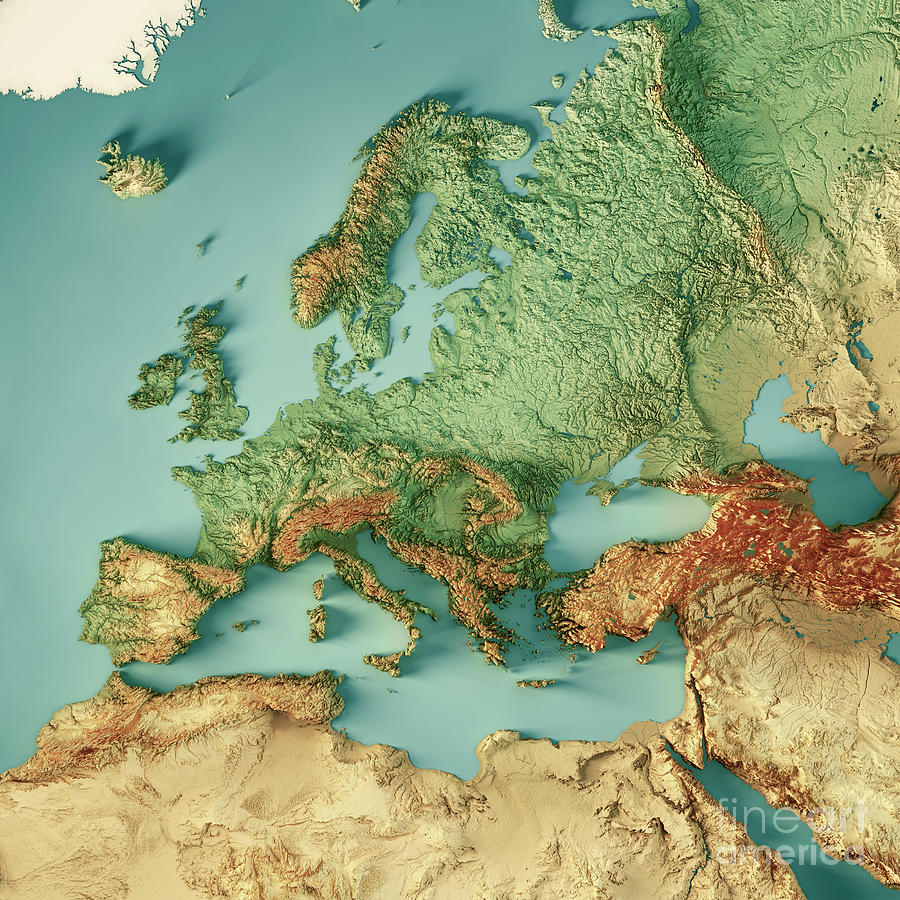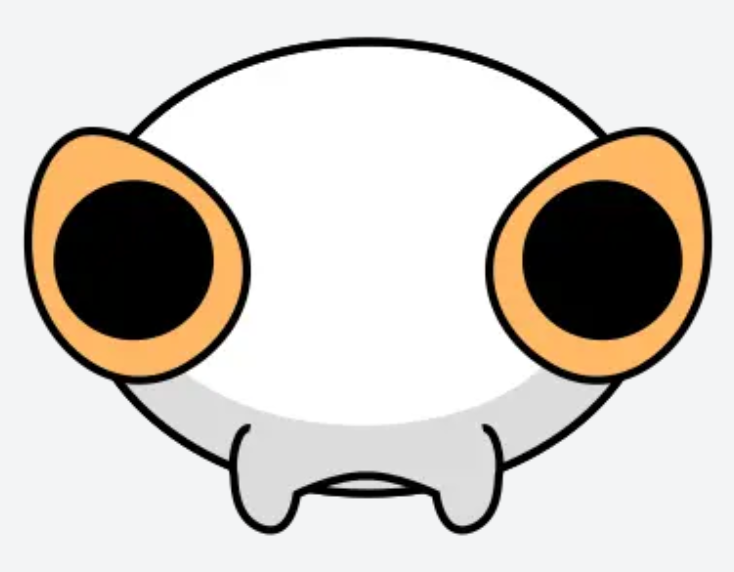Spain isn’t highlighted for any of á, é, í, ó, ú. Any other mistakes people notice?
The Netherlands should be highlighted for ë but isn’t
They’ve split Finland pretty arbitrarily into areas where (supposedly) Swedish speakers are found for ‘å’, but there’s really no reason for it. The letter is a part of the Finnish alphabet and taught to everyone in school, so it should cover the whole country I think.
Ireland should be highlighted for Éé
Swedish uses é
I think it excludes it because é is only used in words from french and not swedish words.
But some words aren’t spelt with é in French. Tupé (toupee) is spelt toupet in French. The word is a loanword, but the letter isn’t.
Yeah interesting. Also now i know theres a feddit.nu which is usefull as an immigrant i guess. / learning more arabic than swedish from my classmates /s
All Polish letters are included. But I don’t understand, why a small piece of the ocean is marked along with Poland in “Ż”.
Edit: I checked, it’s Malta.
English definitely uses æ even if rare
deleted by creator
Second row middle
deleted by creator
Also ü for Spain is missing, uncommon but definitely used and important.
ironically the use of those in spain everyday is way more common than the use of the Ñ
Is there a higher resolution version of this?
Are you viewing this version? Sometimes preview links get funky
Scharf S ẞuperiority
Greek be like “Μην τολμήσεις να πείς οτι χρησιμοποιούμε Λατινικά!”
The Griko people in southern Italy use Latin alphabet though.
Our long-lost cousins!
BTW, did you know the name of the German state Bavaria, was changed from Baiern to Bayern in 1825, as king Ludwig considered himself a philhellenist, a big fan of Greece and Greek culture, and the letter ‘y’ being perceived as especially Greek character.
Weird that France has both œ and æ. I only ever saw the latter in Nordic languages, but apparently it is occasionally used in French.
æ is in purely Latin words like ex æquo, et cætera, or curriculum vitæ, that’s all. œ appears in œil (eye) so you see that a lot more commonly already, but I can’t think of any other word that uses it off the top of my head (beside other derivated words like œillères). (pardon the puns)
œuf and chœur as well, I suppose? Though I don’t know if that is how they are commonly spelled
You’re correct. Chœur is chorus and cœur is heart BTW.
Œuvre too
Sœur is pretty common too. And bœuf.
Which means that æ ends up also appearing in English in those same Latin words (although they’re possibly more lax with alternate spellings).
It appears (but now rarely) in the very English and not at all Latin word encyclopædia.
Wikipedia gives examples of “curriculum vitæ” and “et cætera.” We use those both as loanwords in English, but I’ve only seen it as the separate letters “ae,” not the ligature æ.
I assume direct loanwords are excluded from the list.
The Nordic languages use ö or ø instead, in Swedish also ä is used instead of æ.
Ëë is definitely also used in the Netherlands
Team ß 😎
Nobody:
Spain: Ññ
Czech and Slovakian so similar lol
It’s so similar it’s basically two accents of one language…
Nowhere near that similar. But close second.
It’s more similar than Scottish English to California English.
In fact, you can speak Slovak in Czech Rep. and people will understand you, the same the other way around.
I’m Italian and I’ve never in my life seen “î”, I wouldn’t even know how to read it
According to German Wikipedia it is old spelling and thus, no wonder you didn’t come across it:
In Italian, the circumflex used to be used primarily in the pluralisation of words with a final -io to mark the coincidence of two -ii: il principio “the principle” → i principî, in contrast to i principi, the plural of il principe “the prince”. In addition to principî, there was also the full spelling principii, which was not pronounced correctly. Today, the words for “principles” and “princes” are spelt principi without distinction.
(translated using DeepL)
According to the English article, it is also used in Emilian and Friulian. In both, a long vovel is indicated with a circumflex.
But I have come across other old spellings, like “j” used in diphthongs in place of “i”, like in “jeri” (old spelling for “ieri”, “yesterday”) or in “naja” (old word for compulsory military service time). So it must be even older/rarer than that, and I would still say “j” it’s not an Italian letter because nobody uses it exept to write “Jesolo” but that’s a name, not a regular word.
Fun fact: because of the old usage of “j” some text to speech are “broken”. The one on railway speakers always reads “RailJet” as “Railiet” which sounds funny.
Also used in some dialects, like Piemontese, where Y and J can be used instead of I, especially in family names
Now do the same but sort by country.
Oh thank the gods for UTF-8
That’s just the encoding, you want to thank unicode.
Whoever made this, thanks for including Iceland
Slovak is pretty interesting in this aspect, you basically have this: á, ä, č, ď, é, í, ĺ, ľ, ň, ó, ô, ŕ, š, ť, ú, ý, ž
Isn’t œ in danish too?
Also é is used in swedish written language but it’s not in their alphabet.
And ö is after z 😭
😁
Are you confusing œ with æ?
Possible.












